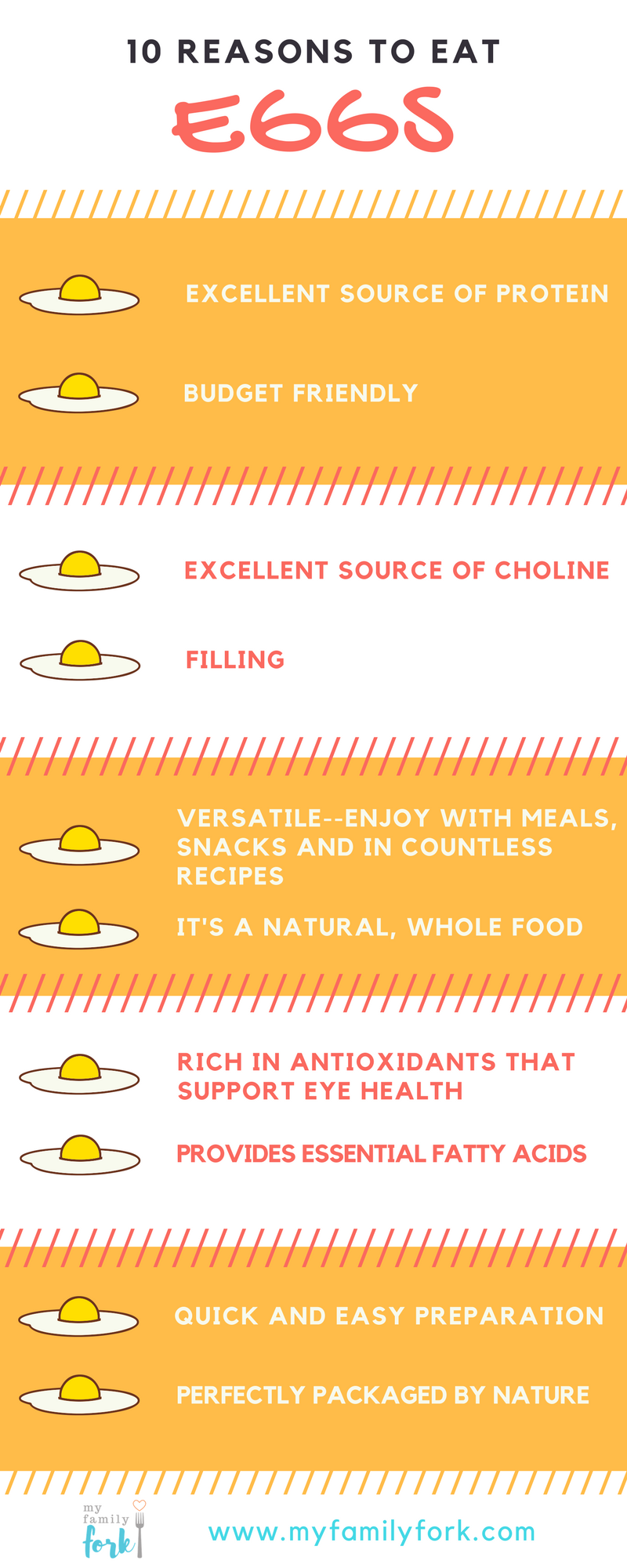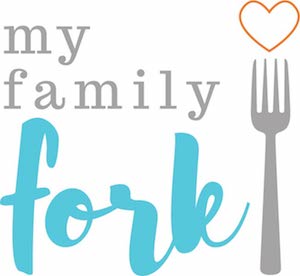
So often I am asked, “Are eggs good for me?” And my answer is always, “Eggs are wonderful!” As you know, I’ve got a flock of backyard chickens who produce gorgeous fresh eggs for my family, so needless to say I’m a fan. But aside from my affinity for domestic poultry, let’s talk a little bit about why eggs are so great for our health.
Eggs come perfectly packaged by nature and contain a wide variety of nutrients—fat, protein, vitamins, antioxidants. Egg whites are primarily water and protein. They contain a little more than half of an egg’s protein. The rest of the protein is in the yolk, along with cholesterol, fat, vitamins and carotenoids. The fats in egg yolk are primarily mono- and polyunsaturated, the “healthy fats,” and include essential fatty acids DHA and AA. They are also a significant source of saturated fat and cholesterol. What many people do not know is that the fats in egg yolk are necessary to absorb the other nutrients present, like vitamins A and D and the antioxidants zeaxanthin and lutein, which support eye health. Egg yolks are also a great source of vitamin B12 and other B vitamins, some minerals and choline.

If you are pregnant, breastfeeding or starting to feed your baby complementary foods, choline should be on your radar. Just last year, the American Medical Association advocated for the addition of choline to prenatal vitamins to support brain development. In addition to its roll in the nervous system, choline is a component to every cell in our body and is needed for muscle function and liver health. The problem is most people do not get enough choline in their diet, but guess where you can find a quarter of your daily requirement? In an egg!

Another common question I hear is, “How many eggs can I eat?” There is no official recommendation, but for most people an egg a day is okay. For people at higher risk for heart disease or diabetes, I advise limiting egg yolks to four per week, but there’s no limit on egg whites.
Historically, we’ve heard a lot about the cholesterol in egg yolks, and people worry about that. Whereas the Dietary Guidelines for Americans used to recommend limiting dietary cholesterol, the most recent version does not. This reflects a more current understanding that dietary cholesterol does not affect our blood cholesterol levels as much as we once thought it did; however, some people may be more sensitive to dietary cholesterol than others. Unfortunately, there is no good way to know who is sensitive and who isn’t. Ah, nutrition science, always keeps us on our toes!
So now you know, eggs are a delicious AND nutritious food. Enjoy them in moderation to support good health! Do you have other thoughts or questions about eggs? Please share in the comments below!



